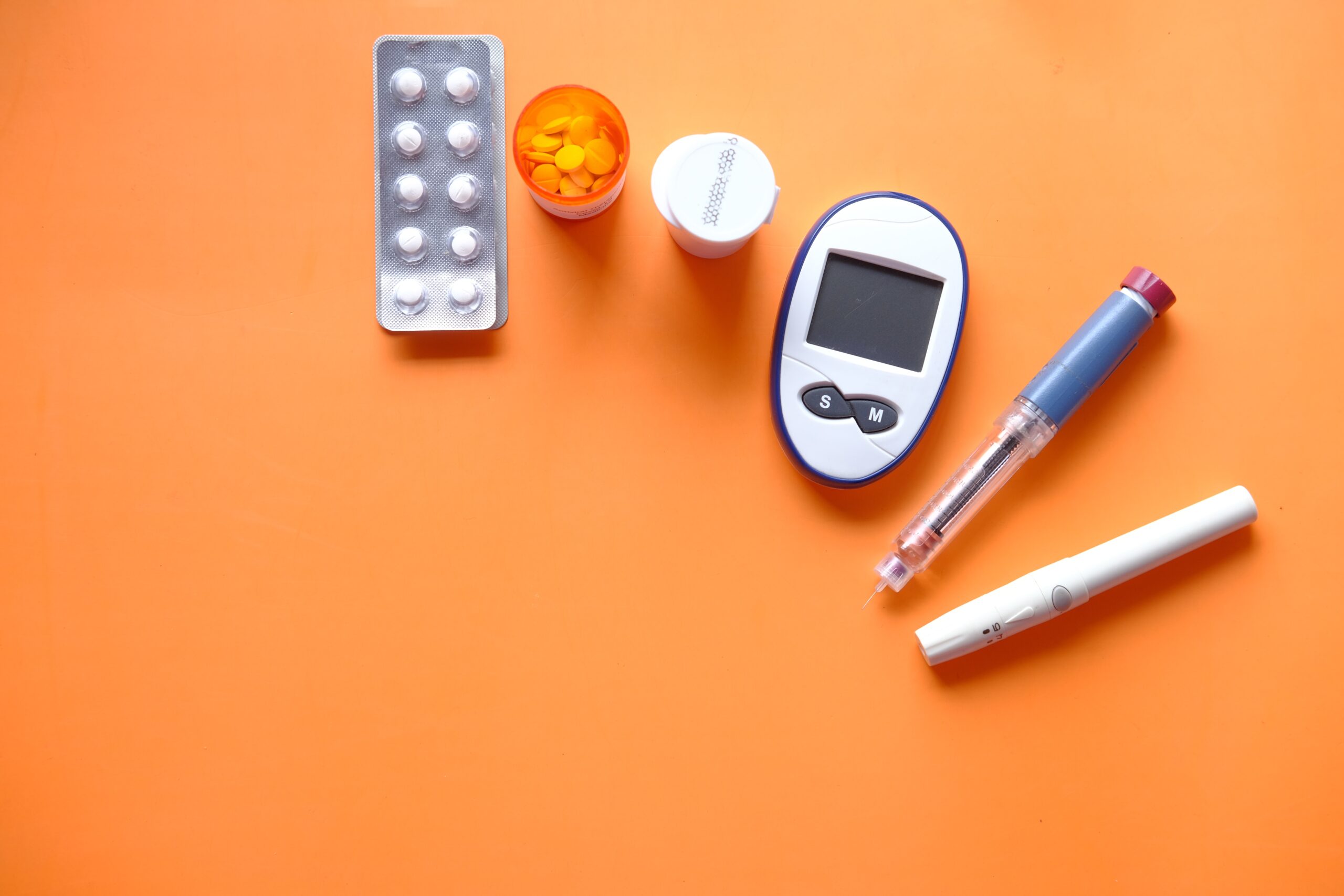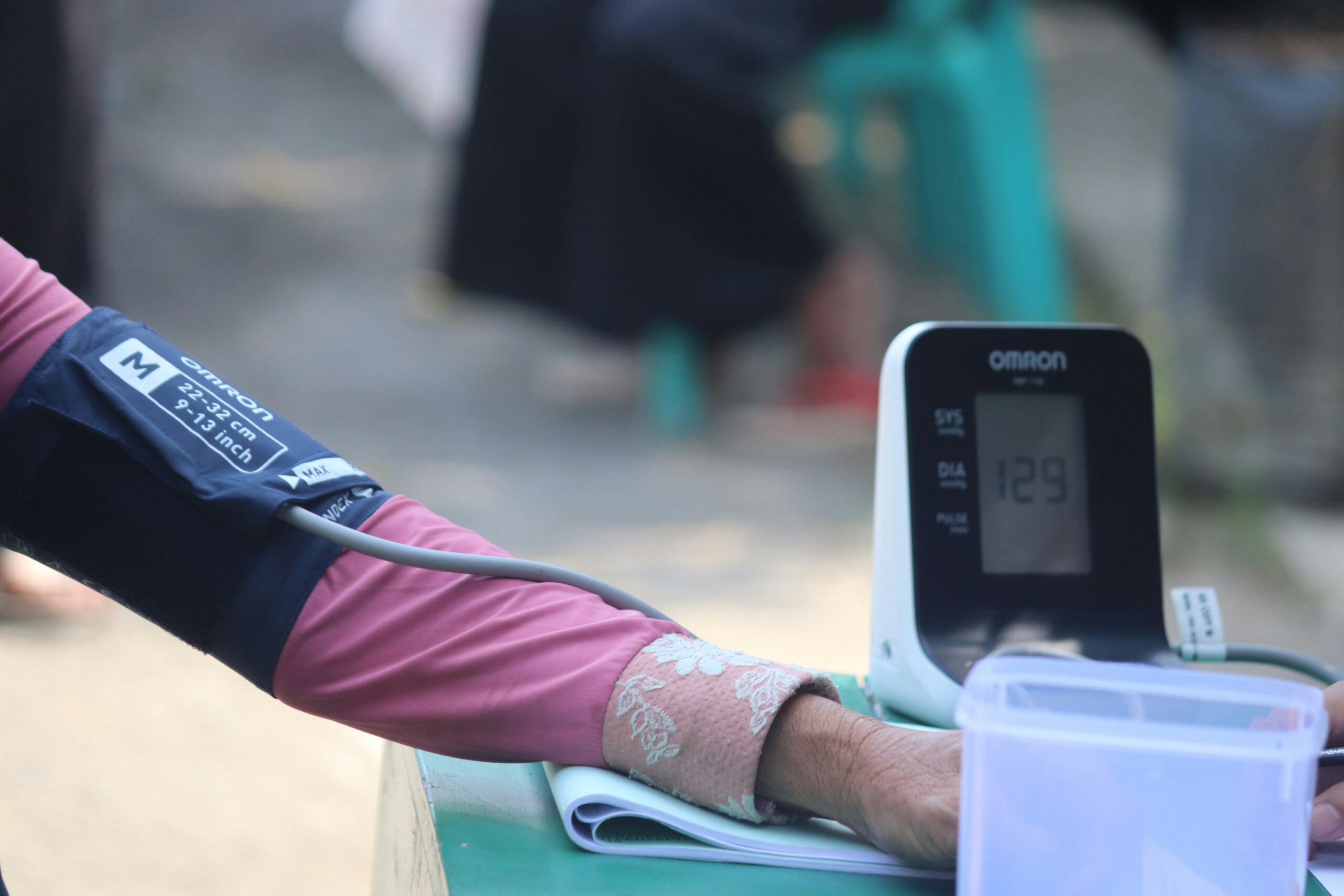Beating Diabetes: 10 Lifestyle Changes That Matter

Diabetes is a chronic condition that affects millions of people worldwide. While there is no cure for diabetes, there are several lifestyle changes that can help manage the condition and improve overall health. In this article, we will explore 10 lifestyle changes that can make a significant difference in beating diabetes.
1. Eat a Balanced Diet
One of the most important lifestyle changes for managing diabetes is adopting a balanced diet. This means incorporating a variety of fruits, vegetables, whole grains, lean proteins, and healthy fats into your meals. Avoiding processed foods, sugary snacks, and excessive carbohydrate intake can help regulate blood sugar levels and promote weight management.
Additionally, it is crucial to monitor portion sizes and practice mindful eating. This involves paying attention to hunger and fullness cues and eating slowly to prevent overeating.
Consulting with a registered dietitian can provide personalized guidance on meal planning and managing diabetes through diet.
2. Regular Physical Activity
Engaging in regular physical activity is another key lifestyle change for beating diabetes. Exercise helps lower blood sugar levels, improves insulin sensitivity, and aids in weight management.
Aim for at least 150 minutes of moderate-intensity aerobic activity, such as brisk walking or cycling, per week. Additionally, include strength training exercises at least two days a week to build muscle mass and further enhance glucose control.
Remember to consult with a healthcare professional before starting any new exercise routine, especially if you have any underlying health conditions.
3. Maintain a Healthy Weight
Managing weight is crucial for individuals with diabetes. Excess weight can make it harder to control blood sugar levels and increase the risk of complications.
Focus on gradual weight loss through a combination of a healthy diet and regular exercise. Aim for a weight loss of 1-2 pounds per week, as this is considered a safe and sustainable rate.
Consulting with a healthcare professional or a registered dietitian can provide personalized guidance on weight management strategies.
4. Get Enough Sleep
Sleep plays a vital role in overall health and diabetes management. Poor sleep quality and duration can affect insulin sensitivity and blood sugar control.
Aim for 7-9 hours of quality sleep each night. Establishing a consistent sleep schedule, creating a relaxing bedtime routine, and ensuring a comfortable sleep environment can contribute to better sleep.
5. Reduce Stress Levels
Chronic stress can have a negative impact on blood sugar levels and overall well-being. Finding healthy ways to manage stress is essential for individuals with diabetes.
Engage in stress-reducing activities such as meditation, deep breathing exercises, yoga, or engaging in hobbies and activities you enjoy. Additionally, seeking support from friends, family, or a therapist can provide valuable coping mechanisms.
6. Quit Smoking
Smoking increases the risk of developing diabetes and can worsen complications for those already diagnosed with the condition. Quitting smoking is an important lifestyle change for beating diabetes.
Seek support from healthcare professionals, join smoking cessation programs, or explore nicotine replacement therapies to increase your chances of successfully quitting smoking.
7. Limit Alcohol Consumption
While moderate alcohol consumption may be acceptable for some individuals with diabetes, excessive drinking can interfere with blood sugar control and contribute to weight gain.
If you choose to drink alcohol, do so in moderation. Women should limit their intake to one drink per day, while men should limit it to two drinks per day. It is essential to monitor blood sugar levels and consult with a healthcare professional to determine if alcohol consumption is safe for you.
8. Stay Hydrated
Proper hydration is crucial for everyone, including individuals with diabetes. Drinking an adequate amount of water helps regulate blood sugar levels, supports kidney function, and aids digestion.
Aim to drink at least 8 cups (64 ounces) of water per day, and adjust your intake based on activity level and climate.
9. Regularly Monitor Blood Sugar Levels
Monitoring blood sugar levels is essential for individuals with diabetes to ensure they are within the target range. Regular monitoring helps identify patterns and allows for timely adjustments in medication, diet, or exercise.
Work with your healthcare team to determine the frequency and method of monitoring that is appropriate for your specific needs.
10. Seek Regular Medical Care
Regular medical care is crucial for managing diabetes effectively. Schedule regular check-ups with your healthcare provider to monitor your blood sugar levels, assess overall health, and address any concerns or questions you may have.
Follow your healthcare provider’s recommendations regarding medication, lifestyle changes, and any necessary screenings or tests.
Conclusion
Beating diabetes requires a comprehensive approach that includes various lifestyle changes. By adopting a balanced diet, engaging in regular physical activity, maintaining a healthy weight, getting enough sleep, reducing stress levels, quitting smoking, limiting alcohol consumption, staying hydrated, regularly monitoring blood sugar levels, and seeking regular medical care, individuals with diabetes can take control of their health and improve their quality of life.
Remember, it’s essential to work closely with your healthcare team to develop a personalized plan that suits your specific needs and goals.




